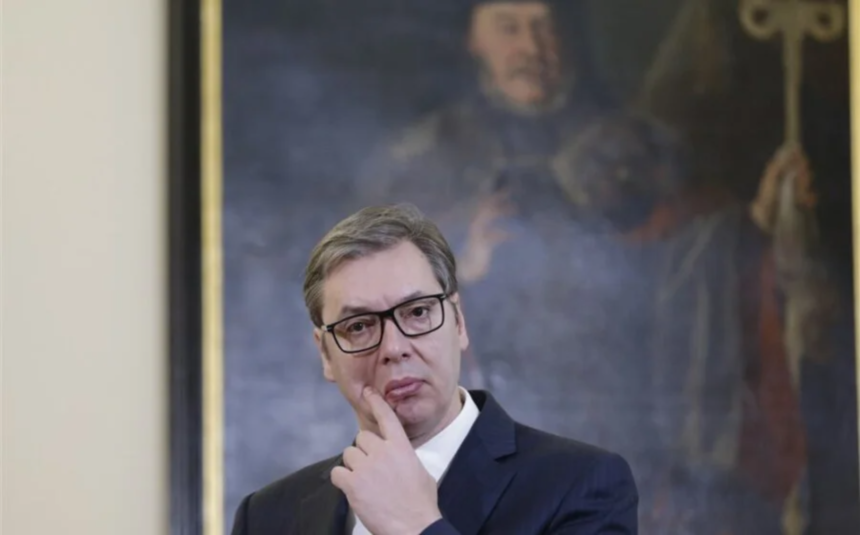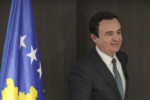Index.hr has reported that Serbia is heading into the new year burdened by severe political and social crises, compounded by high-profile tragedies and widespread public dissent. President Aleksandar Vučić and his government face mounting criticism over governance failures, corruption, and lack of progress in key areas, leaving Serbia at a crossroads.
Tragedy in Novi Sad: Symbol of Corruption and Negligence
The collapse of a recently reconstructed railway station in Novi Sad on November 1, which killed 15 people and injured two others, has become a flashpoint of public outrage. Critics blame the tragedy on state negligence, corruption, and opaque business practices in infrastructure projects.
Civil society activists and the opposition hold Vučić’s government directly responsible for the incident, calling it a “state crime.” In response, large-scale protests have erupted, with students leading demonstrations and gaining support from trade unions and prominent cultural figures. This escalating unrest underscores deep societal discontent with the government’s handling of safety and accountability.

Failed Reforms and Stalled EU Aspirations
Despite Vučić’s attempts to pivot public attention toward economic achievements like wage increases and foreign investments, Serbia’s progress toward European Union membership remains stagnant. The European Commission’s 2024 report highlighted no advancements in the rule of law, media freedom, or alignment with EU foreign policy, particularly regarding sanctions on Russia.
Vučić’s close ties with China and Russia, coupled with his reluctance to fully commit to EU integration, have drawn sharp criticism both domestically and internationally. His administration continues to face accusations of favoring Chinese firms in controversial infrastructure deals, fueling further distrust among citizens.
Tensions with Kosovo and Regional Setbacks
Dialogue with Kosovo—a critical component of Serbia’s EU accession—remains deadlocked. Recent incidents, such as the explosion on the Ibar-Lepenac water pipeline, have escalated tensions. Kosovo labeled the explosion a “terrorist act” attributed to Serbia, an accusation Vučić’s government denies. Additionally, Serbia has failed to prosecute Milan Radoičić, who admitted involvement in a deadly clash between Serbian paramilitaries and Kosovar police last year.
Relations with neighboring countries also remain strained. Diplomatic rows with Croatia, accusations of harboring war criminals, and inflammatory rhetoric have further isolated Serbia in the region.
Economic Gains Overshadowed by Public Discontent
While Vučić’s administration touts economic milestones, such as an improved credit rating and planned wage hikes, public perception tells a different story. Rising public debt—now exceeding €38 billion—and persistent inflation continue to erode trust in the government’s economic management. Many citizens see these achievements as hollow amid soaring living costs and dwindling purchasing power.
Protests: A Growing Threat to Vučić’s Rule
The public’s patience with Vučić’s leadership appears to be wearing thin. Protests over environmental concerns, such as opposition to lithium mining, have transitioned into broader calls for systemic change. The government’s handling of the Novi Sad tragedy has only intensified public disillusionment, as protesters demand justice and accountability.
Support for the protests is growing, with students and cultural institutions joining forces to demand a more transparent and equitable society. This wave of dissent highlights a political landscape increasingly hostile to Vučić, whose grip on power now seems less secure.
Outlook for 2025
As Serbia enters 2025, the nation faces a critical juncture. Vučić’s government must confront a host of unresolved issues, from domestic unrest and regional tensions to stalled EU integration. With public trust waning and opposition movements gaining momentum, Serbia’s political future—and Vučić’s leadership—remain uncertain.







